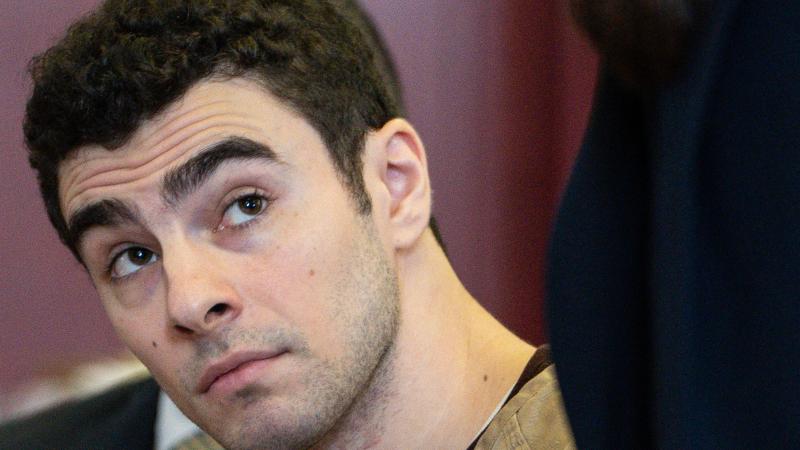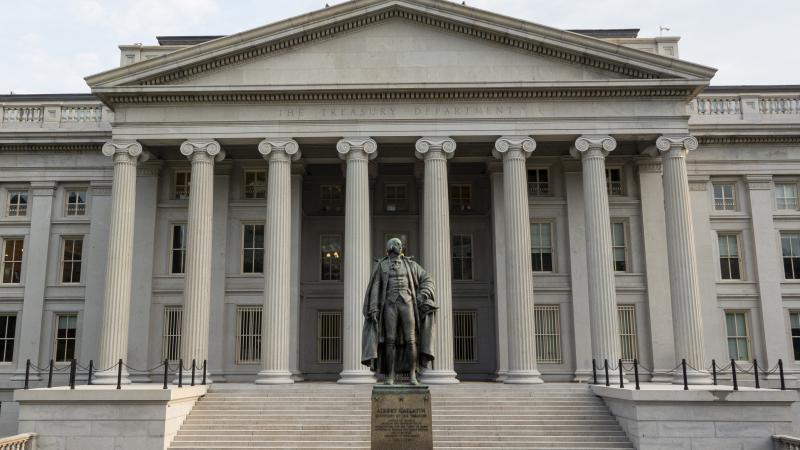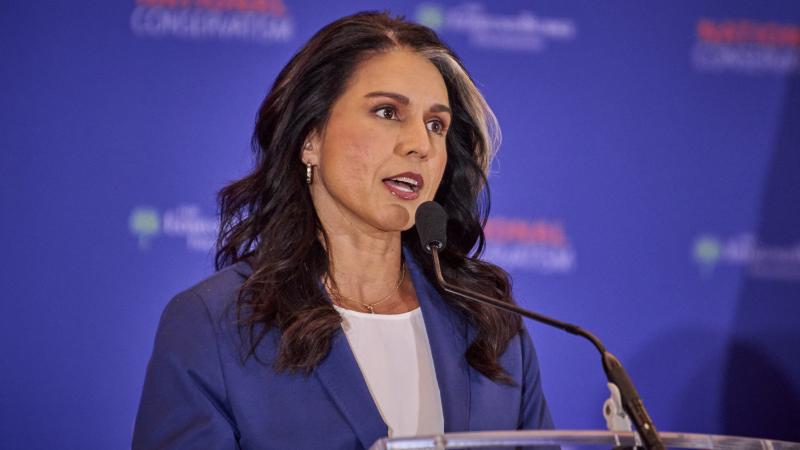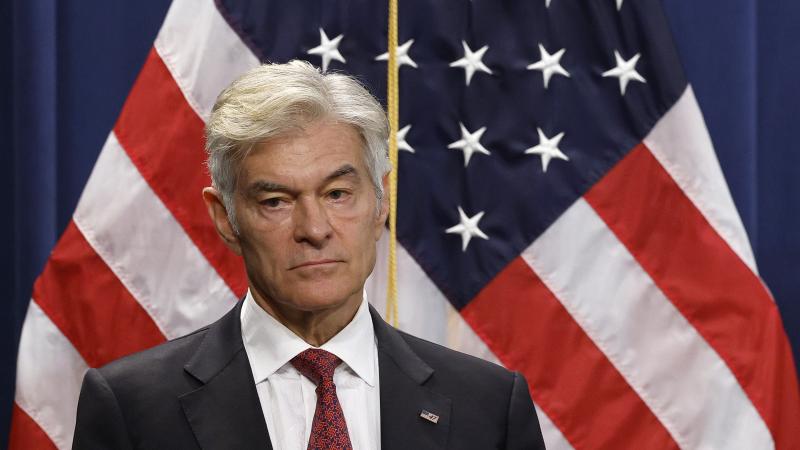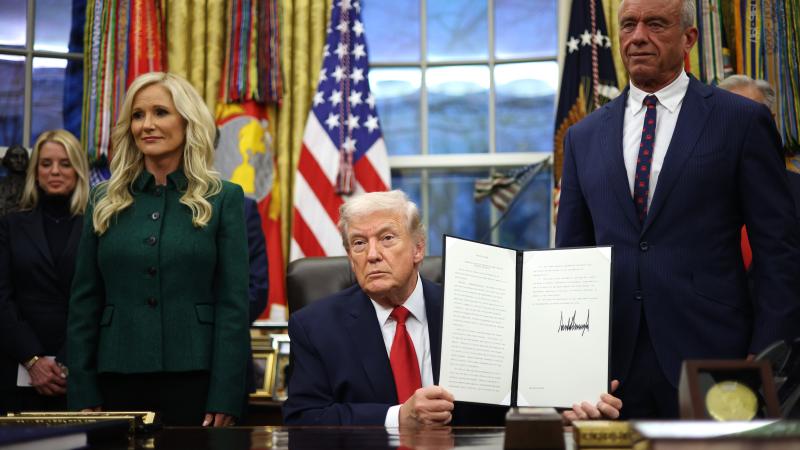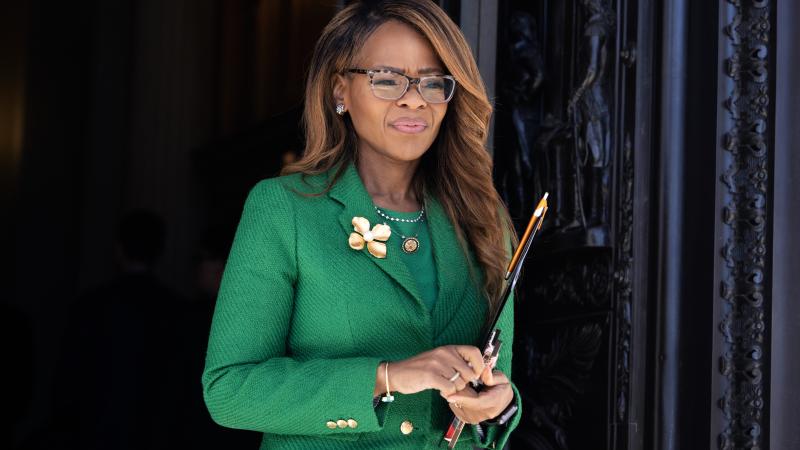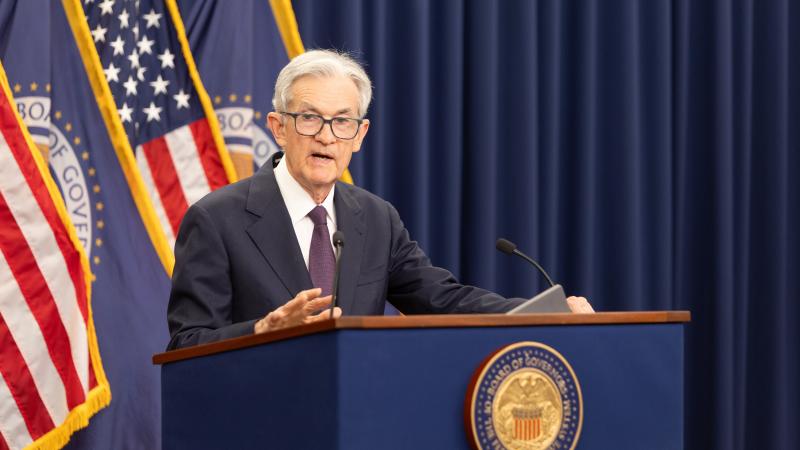Anti-white discrimination lawsuit against Pfizer reinstated after appeals court admits it goofed
Anti-woke medical group not required to unmask its members to challenge fellowship that excludes certain races, 2nd Circuit belatedly agrees. Reversal "upholds the ability to bring civil suits without fear of reprisal," ally says.
Sixty-seven years after the Supreme Court blocked Alabama from forcing the NAACP to turn over its membership lists to chill its speech, and four years after the high court extended that bar to California's attempted unmasking of a free-market group's donors, the 2nd U.S. Circuit Court of Appeals finally got the message on freedom of association and privacy.
A three-judge panel scrapped its own decision upholding dismissal of a racial discrimination lawsuit against Pfizer by anti-woke medical advocacy group Do No Harm on behalf of members – white and Asian-American college students ineligible for race-based fellowships — saying it was wrong to deny the group legal standing based on its members using pseudonyms.
That means Do No Harm doesn't have to petition the full New York City-based appeals court to hear the case, having won over two of the three panel judges in a petition for rehearing.
It will now return to trial court, which the panel majority said incorrectly ruled that "Do No Harm’s failure to establish standing to secure a preliminary injunction required all out dismissal … even if their allegations are otherwise sufficient to establish standing at the pleading stage."
Notably, the majority said its about-face was not prompted by last year's SCOTUS ruling in the social media censorship case Murthy v. Missouri, which the opinion said "Do No Harm views as determinative" on the requirements for standing.
"Nothing in the Murthy Court’s discussion addresses the critical issue in this case: if the plaintiff fails to present sufficient evidence to satisfy the standard, should the court dismiss the case or simply allow it to go forward?" the unsigned opinion said.
The dissent by Judge Richard Wesley, nominated by President George W. Bush, denied Do No Harm's white and Asian-American members had standing for a different reason: They made "only sparse, conclusory assertions that they were ready to apply to a program that would shape at least the next five years of their lives, and perhaps the better part of their early careers."
"College campuses are meant to be a marketplace of ideas, yet students all across the country have stopped voicing their views for fear of official retaliation and unofficial ostracism," said Alliance Defending Freedom senior counsel Tyson Langhofer, who represented third parties supporting Do No Harm. The panel's reversal "upholds the ability to bring civil suits without fear of reprisal."
"It’s not every day that a court reverses itself after a losing party moves for reconsideration," said legal scholar Ilya Shapiro, who co-wrote the Manhattan Institute's friend-of-the-court brief in favor of Do No Harm's member privacy, joined by the Young America's Foundation, which said it "successfully resisted" the Defense Department's unmasking demands when it sued.
"It has become all too common for people to be scared to attach their names to lawsuits in fear of retaliation," said Executive Director Kimberly Hermann of the Southeastern Legal Foundation, which has a campus-focused First Amendment project and also joined Shapiro's brief.
The institute said students were "disproportionately likely to refrain from discussing 'controversial topics,' such as 'race, religion, and sexual orientation'" but are emboldened by anonymity, "a cornerstone of our free speech culture and legal framework."
It's not just students, according to a recent faculty survey by the Foundation for Individual Rights and Expression, which found self-censorship is "four times worse than it was at the height of the McCarthy era" – 35% compared to 9% found in a 1954 survey by sociologists.
The free speech group said "some academics were afraid even to respond to our already anonymous survey for fear of retaliation," asking to "keep certain details they shared private" and communicate only with their personal email or reaching out "beforehand just to confirm the results would truly be anonymous."
Speech First filed its own brief, citing the 2nd Circuit's threat to the membership association's routine First Amendment litigation on behalf of pseudonymous students.
It argued the appeals court was out of line with the D.C. Circuit in a 2022 ruling shielding union members' identities in litigation and with the 10th Circuit, which ruled for Speech First members' privacy less than a year ago in its suit against Oklahoma State University, soon followed by a settlement that ended its bias response team and revised its harassment policy.
The panel dismissed the 10th Circuit's relevance "because it arose on a motion to dismiss" despite the fact "the procedural posture was identical," Speech First said. It invented a "novel Article III rule … primarily as a matter of prudence, not constitutional text, history, or precedent."
While many of these cases involve plaintiffs deemed right-of-center, the ACLU and NAACP opposed then-California Attorney General Kamala Harris when she sought to unmask donors to free-market Americans for Prosperity, saying such unmasking threatens their own members.
Republican senators and advocacy groups are also challenging a little-watched Judicial Conference of the United States proceeding on proposed changes to federal rules of appellate procedure that would heighten disclosure as a condition of filing friend-of-the-court briefs.
The new 2nd Circuit majority opinion by judges Dennis Jacobs and Beth Robinson, nominated by presidents George H.W. Bush and Joe Biden, respectively, did not credit either as the author.
They took a second look at a split D.C. Circuit ruling that reversed a preliminary injunction against the FBI's bulk collection of call records as a Fourth Amendment violation on the basis the plaintiffs lacked standing, while disagreeing whether they could obtain standing if further evidence collection were allowed.
In some cases "the legal theory itself" is the standing problem, but when insufficient evidence "may be remediable," it would be "premature" to dismiss, Jacobs and Robinson said.
"The [trial] court’s underlying analysis focused on the quantity and quality of Do No Harm’s evidence" – first, that it didn't name the supposedly harmed members – "rather than a fundamental flaw in Do No Harm’s claim to standing," the majority said.
Not only did U.S. District Judge Jennifer Rochon rely on a SCOTUS decision that reviewed "final adjudication on the merits," but she didn't address the 2nd Circuit's 2006 ruling that "an organizational plaintiff need not identify specific injured members by name at the pleading stage" even if requiring names has "some validity" at a later stage.
"Do No Harm could identify its allegedly injured member or members by name, and those members could provide more detailed information to establish in a more particularized way that they are ready and able to apply for and accept the Fellowship if offered," the majority said.
"We choose to remand" to Rochon and let her "address in the first instance the question whether Do No Harm’s pleadings are adequate" in the event Pfizer seeks dismissal based on standing, the opinion concludes.
The Facts Inside Our Reporter's Notebook
Links
- Supreme Court blocked Alabama from forcing the NAACP
- extended that bar to California's attempted unmasking
- SCOTUS ruling in the social media censorship case
- Tyson Langhofer, who represents Do No Harm
- Manhattan Institute's friend-of-the-court brief
- The institute said students were "disproportionately likely
- faculty survey by the Foundation for Individual Rights and Expression
- Speech First filed its own brief
- membership association's routine First Amendment litigation
- D.C. Circuit in a 2022 ruling shielding union members' identities
- 10th Circuit, which ruled for Speech First members' privacy
- soon followed by a settlement
- ACLU and NAACP opposed then-California Attorney General Kamala Harris
- Republican senators and advocacy groups are also challenging
- proposed changes to federal rules of appellate procedure
- split D.C. Circuit ruling that reversed a preliminary injunction
- 2nd Circuit's 2006 ruling

